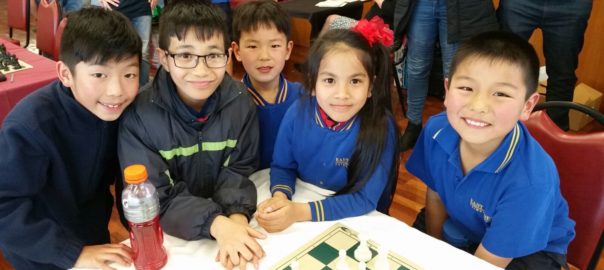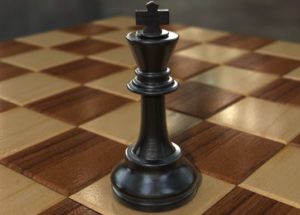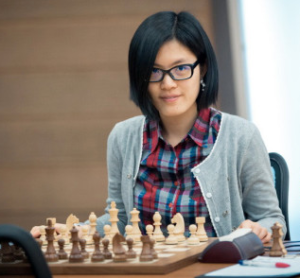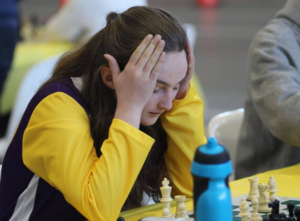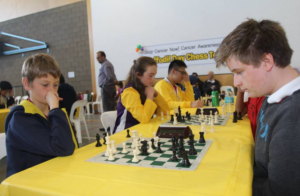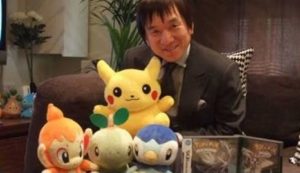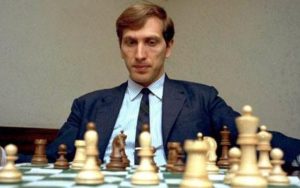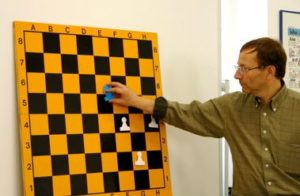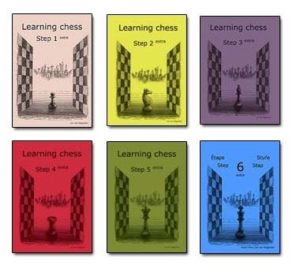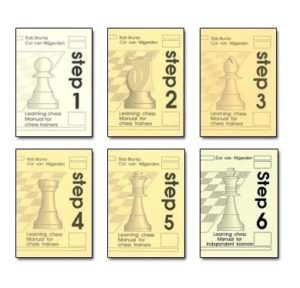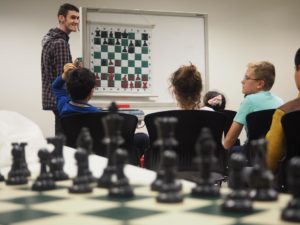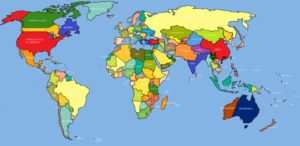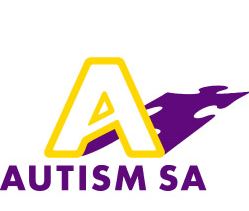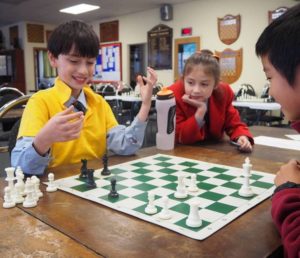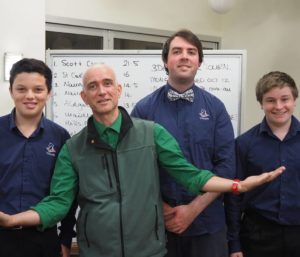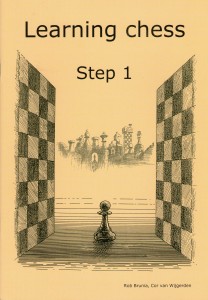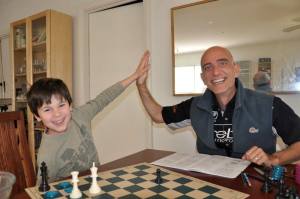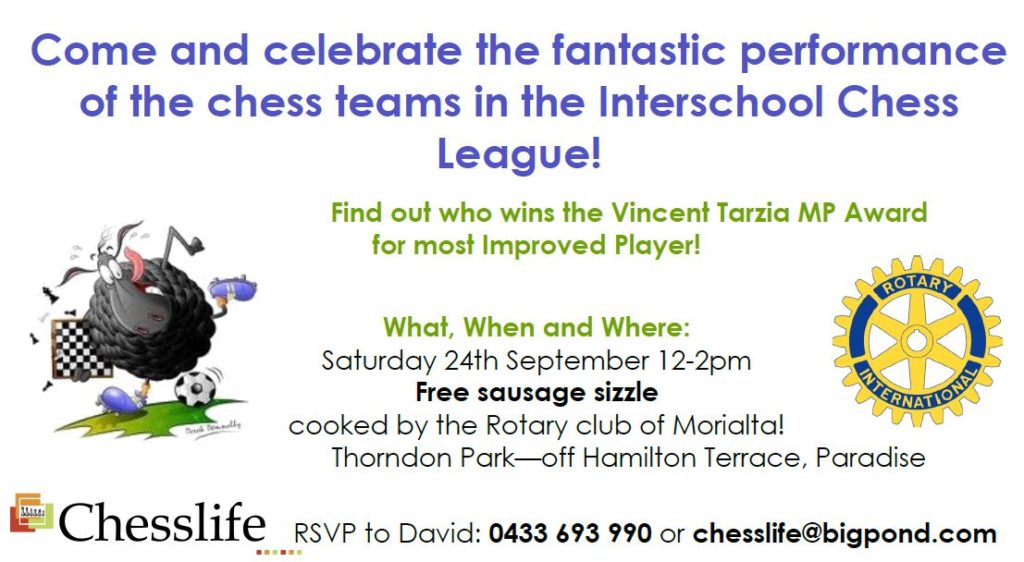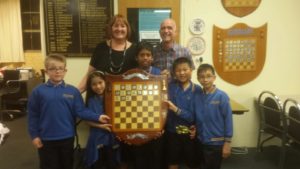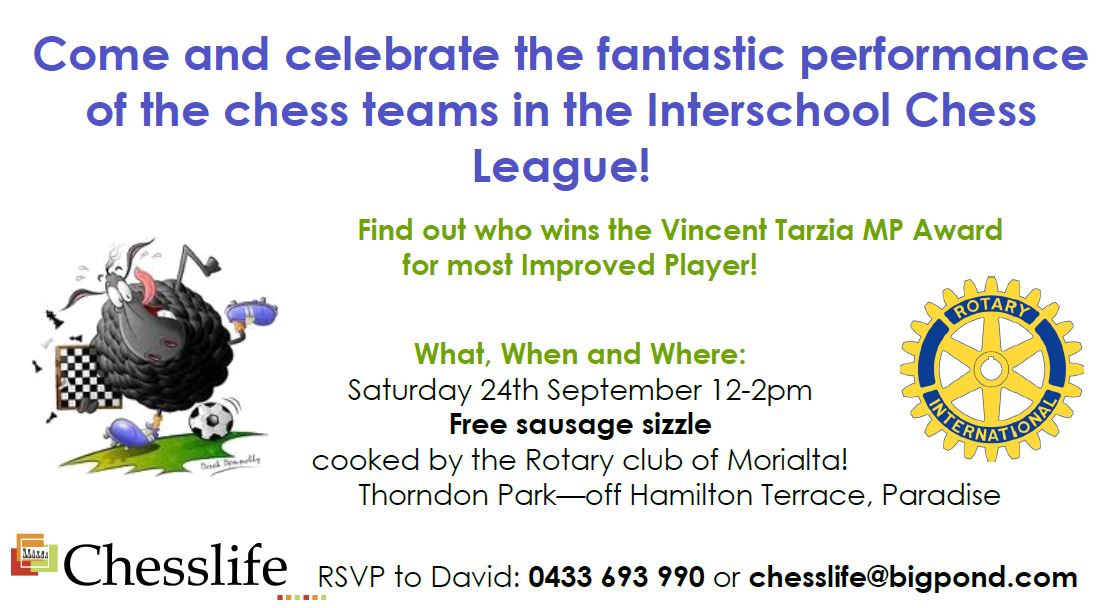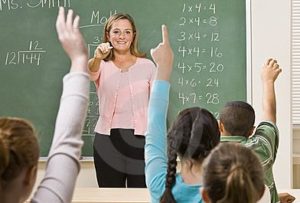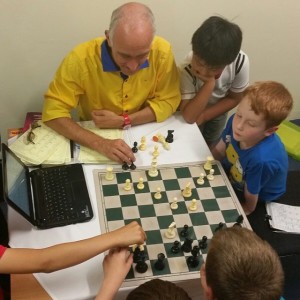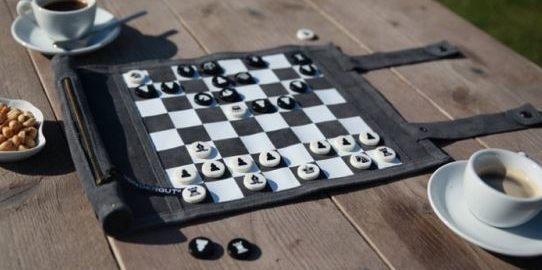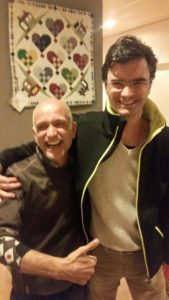We continue our series about ‘Women in Chess’ after our initial interview with Susanne Wells. In the interview with Susanne she told us that: ‘in general woman’s tournaments are easier than mixed tournaments. I think this is not because girls are generally worse than boys at chess, it is because we have a smaller pool of players. Unfortunately, it seems that less girls take chess seriously than guys.’
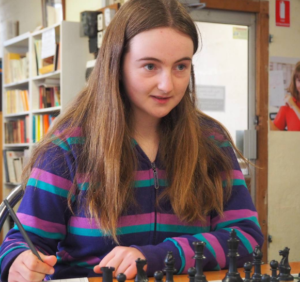
Writer Hanna Schank has written an amazing piece about women in chess that is well worth a read: https://aeon.co/essays/why-are-only-two-of-the-world-s-top-100-chess-players-women
Chessbase also published a nice article in 2014 written by Robert Howard of Sydney, Australia, which is probably the best researched article we have seen on this subject. https://en.chessbase.com/post/explaining-male-predominance-in-chess
And even though there are many female role models, with current World’s best female Hou Yifan from China as the main example, it is important that we instill and nurture this passion for chess from the very small. So time to shine the spotlight on one of these girls that has seem to have gotten the chess bug!
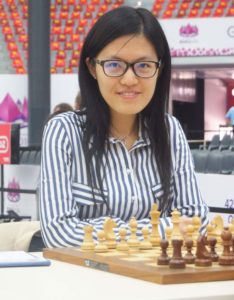
Athena is one of the Campbelltown Library Chess Club’s rising stars. At only 7 years of age she has already been in six tournaments, with outstanding results including wins against some of Australia’s best young players. At the Australian Junior Chess Championships held in Adelaide in 2016, she was crowned the bronze medal in the Under 8 category (not the girls division, but the Open division). She has traveled to Canberra and competed in the Doeberl cup (held during the Easter weekend each year) and will be travelling to Brisbane in January to try and win the U8 National title for 2017.
We stole a few minutes of her time to ask her what it’s like to compete in a typically boy dominated sport.
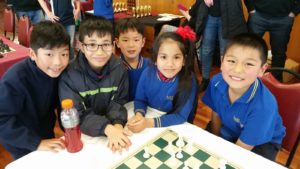
Chesslife: What do you like about chess?
Athena: I like that it makes you smarter and you can concentrate better.
What’s the highlight of your chess career to date?
Beating Vincent Cheng in Canberra in the under 12.
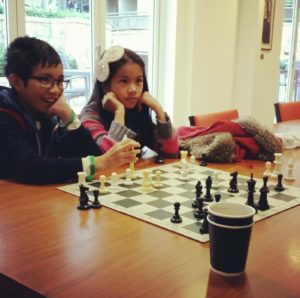
Do you plan on continuing with chess as you get older?
Yes, because at tournaments you can win money and trophies.
What’s your favourite chess piece and why?
My favourite chess piece is the king because it’s the most important piece.
What strategy do you employ – attack, defence or both?
I like to defend because when your opponent attacks and you’re already defending you have a better position
Do you think chess has helped you in school or in any other way?
I think it made me better because I’ve been in the newspaper. I like it because I’m in the newspaper and I get to see myself and I’ll remember it, the bad thing is that they spelt my name wrong.
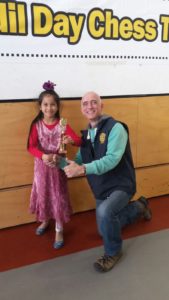
Chesslife: Who is your favourite chess player?
My favourite chess player is Judit Polgar because she is considered the strongest chess player in the world.
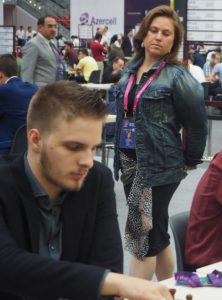
Chesslife: How many girls do you know that play chess?
I think about 20, because I know some girls from my school. There should be a law that more girls should play so then there would be more girls playing. I am the only girl who plays chess in my whole form.
Chesslife: Do you think there is a difference between how boys and girls play chess?
No, because they’re learning the same sport and if they want they can both be ahead.
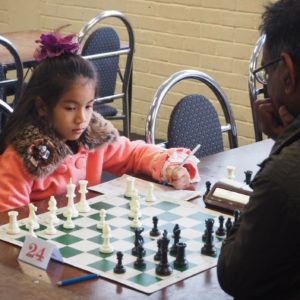
So if a seven year old does not believe there is a difference between boys and girls playing chess, then who are we to disagree!
